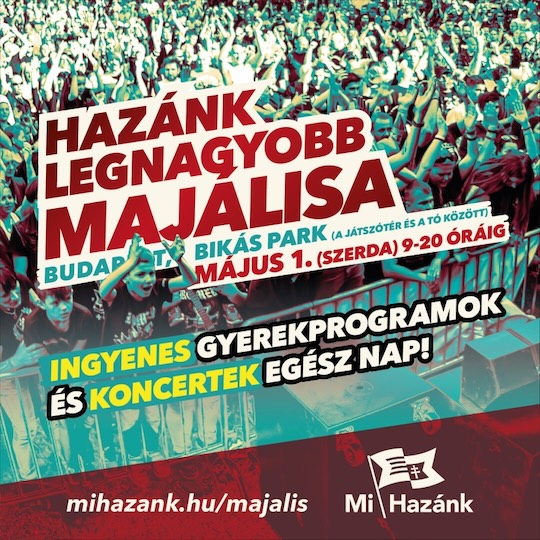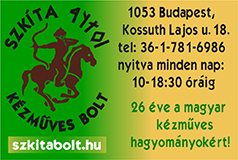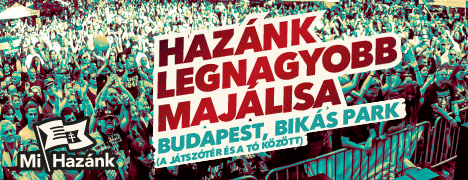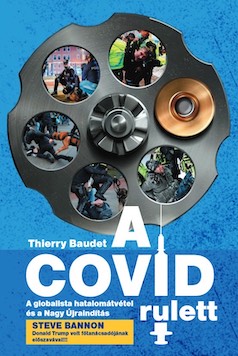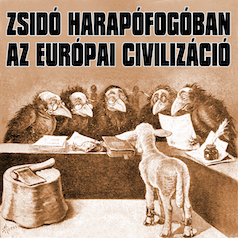A "significant number" of people have been arrested during clashes between right-wing protesters and anti-fascist campaigners in Birmingham.
A group calling itself the English Defence League, which said it was protesting against Islamic extremism, was met with a counter demonstration.
Gangs of men and youths hurled bottles at each other and pelted riot police with bricks in the city centre.
Police said it was not possible to say how many arrests had been made.
Officers had earlier said more than 20 men had been arrested on a bus in Digbeth during the afternoon.
Heavy police presence
The disturbances followed clashes last month, between English Defence League protesters and members of Unite Against Fascism.
West Midlands Police said the latest trouble involved a total of about 200 people, in mainly sporadic incidents.
The disturbances were confined mainly to the New Street and Bennetts Hill area.
The police helicopter was flying over the city centre for several hours monitoring the movements of the protesters and a heavy police presence was visible on the streets.
Police said the people held later in the day had boarded the buses on which they were arrested in and around Bennetts Hill.
Other arrests were made in nearby Waterloo Street and in Digbeth High Street.
Filled buses
Det Ch Insp Sue Southern said: "Officers acted quickly and robustly to quell pockets of disorder caused by several groups of 20 to 30 men.
Community leaders have been on the streets to try to calm the situation.
A West Midlands Police spokesman said the first arrests for violent disorder were made shortly after 1530 BST.
The BBC's Dominic Casciani said police filled two double-decker buses with protesters from the English Defence League and transported them to Lancaster Circus.
"Both buses were filled with right wing protesters," he said.
"Police made them hold their protest in an underpass at Lancaster Circus, where no-one could see them."
Shops unaffected
Before the demonstration police and the city council obtained an order allowing them to restrict "trespassing groups" in the Bullring area of the city, under section 14a of the Public Order Act.
They were also granted permission to impose conditions on the protesters, restricting them to certain locations and a limit of 250 people.
Orders were also passed restricting the demonstrations to two locations.
But after meeting on Broad Street in the city's entertainment district, demonstrators went to New Street, about half a mile away, and trouble broke out.
The street, which houses a large number of banks, cafes and chain stores, is a major pedestrian shopping route.
The nearby Bullring shopping centre and other shops remained open.
Det Ch Insp Southern said business leaders had said they considered the lack of impact on the busy retail area a success.
On its website, the English Defence League had urged its supporters to avoid violent clashes.
It added anyone causing trouble would be arrested or removed and could destroy the hard work put in by the league and police and "would ruin the day for everyone".
It also stressed it was not a fascist organisation.
The police and council had been criticised on anti-fascist websites for allowing the protests to go ahead.
(BBC)

